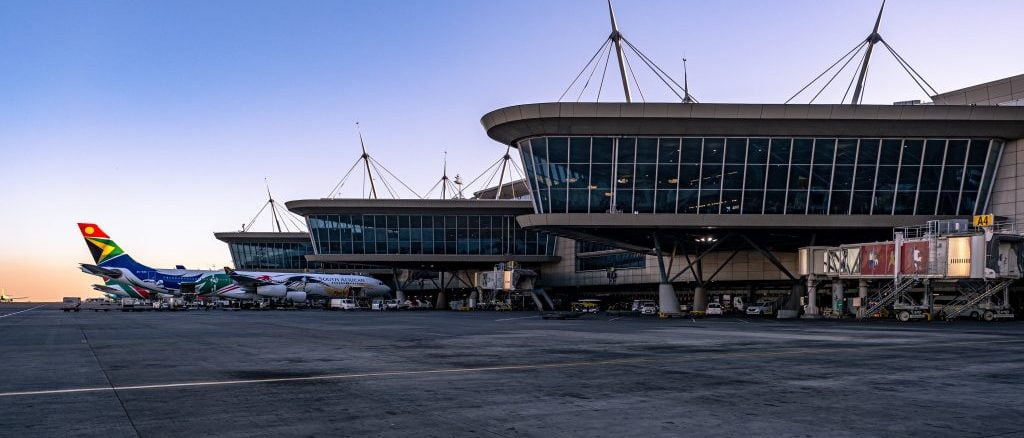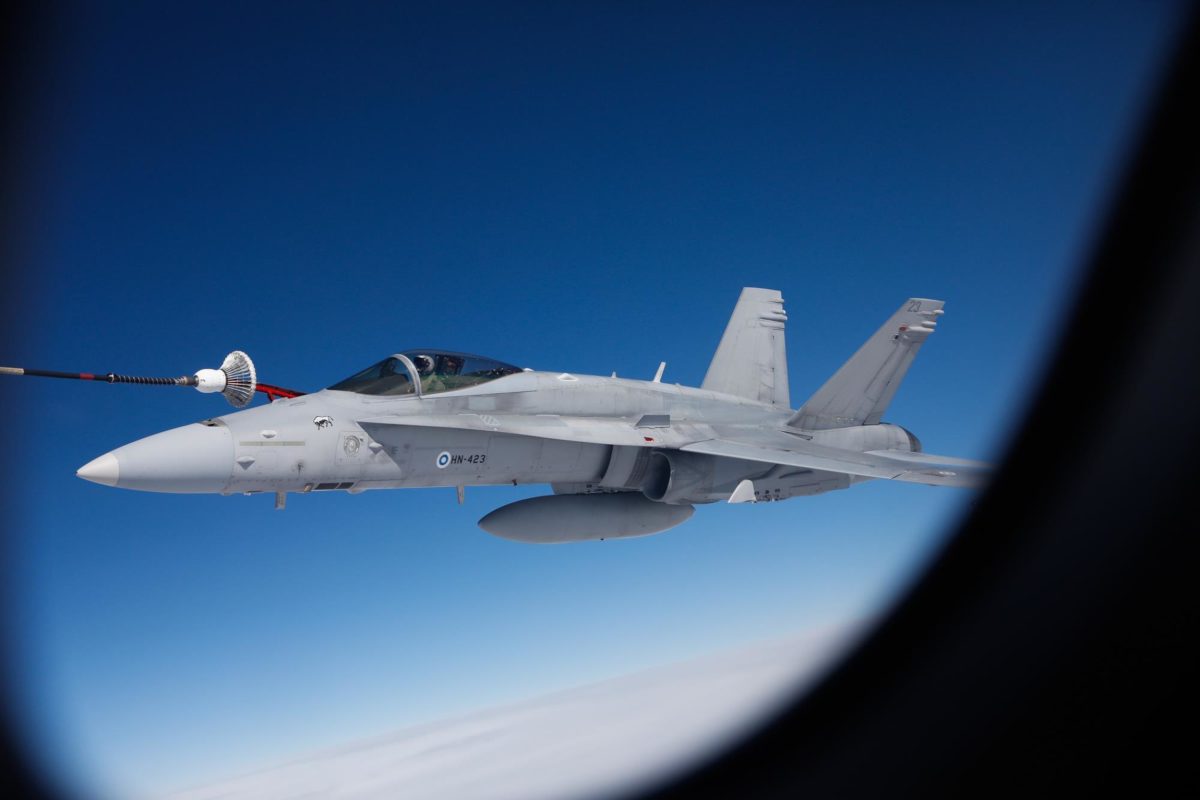
Airports Company South Africa has strengthened its financial position and secured funding to bolster its liquidity and sustain its business through to the 2023/24 financial year.
CEO Mpumi Mpofu says that the company’s estimate of three-year funding support that may be required has fallen from mid-2020 estimates of up to R4-billion to about R600-million only in the 2023/24 financial year.
“We are in a much better place than we were in mid-2020. While there is still a great deal of uncertainty about a recovery in air travel, we have successfully implemented most of the commitments we made in response to the impact of Covid-19 and are on track with further measures,” said Mpofu.
The core of these commitments is a reduction in annual operating expenditure of R1,2-billion and the deferment of infrastructure projects of some R14,5-billion. Capital expenditure up to 2024 is capped at R1-billion a year for maintenance and refurbishment that is required to keep airports operating safely and efficiently.
CFO Siphamandla Mthethwa says capital expenditure projects that are based on assumptions about growth in flights and passenger numbers have been postponed. ACSA’s expenditure levels post-Covid will be 40% lower than pre-Covid budgets.
The funding position has been bolstered by the sale of the company’s 10% interest in Mumbai International Airport for a net R1,27-billion after tax, while an offer is being considered for ACSA’s interest in Guarulhos International Airport in São Paulo, Brazil.
The company has commenced a process for the potential monetisation of some of its R7,7-billion investment property portfolio.
ACSA has also issued R2,3-billion in preference shares. The preference shares have been taken up by national government in terms of an allocation made in the Second Adjustments Appropriation Act of 2020. Government holds a direct stake of 74,6% in ACSA. The company’s other major shareholder is the Public Investment Corporation with a stake of 20%. It is currently considering taking up preference shares. Minority shareholders also have the option to take up preference shares.
Mthethwa says a key benefit of the preference shares instrument is that it is long-dated which provides the company the ability to roll-up dividends. This allows the business sufficient space to recover while also guaranteeing shareholders a return on their investment.
Further funding initiatives for FY20/21 included securing R3-billion in short-term banking facilities and a loan of R810-million from the Development Bank of Southern Africa. The company also received a waiver of financial covenants until June 2022 from major lender Agence Française de Développement (AFD).
ACSA expects its debt, including preference shares and funding initiatives for FY20/21, to peak at R9-billion before reducing to R8-billion by 2023/24. Excluding preference shares, ACSA’s debt is expected to decline to R5-billion over the same period. Over the six years before Covid-19 the company had reduced its debt from R17-billion to R6-billion.
The impact of Covid-19 on ACSA revenue and profit has been profound, says Mthethwa. Revenue in the first half of the 2020/21 financial year was R685-million compared to R3,5-billion for the same period in the 2019/20 financial year. First half profit in 2019/20 was R125-million with the pandemic fallout leading to a loss of R1,47-billion in the first half of 2020/21.
The number of departing passengers in 2020 fell by 65,8% compared to 2019, from 21,6-million to 7,4-million passengers. The decline in domestic departing passengers was 61,9% with international departing passengers falling by 74,6%.
In 2020, seats made available by airlines for destinations within South Africa and between the country and international destinations were 41% of the previous year’s levels. So far in 2021, seats published are at 74% of 2019 levels.
The optimistic recovery scenario prepared by Airports Council International has global traffic returning to pre-pandemic levels in 2023 and 2025 on a more pessimistic estimate.
Mthethwa says the company is closely monitoring drivers of airport traffic specific to Covid-19. These including travel restrictions, consumer health concerns, the sustainability of virtual business practices, passenger experience of airports and airlines, ticket prices, consumer spending and the global rollout of vaccination programmes.
He says the company’s strategic focus up to 2025 is to extend and defend core businesses and to explore emerging businesses.
“Our vision remains to be the most sought-after partner in the world for the provision of sustainable airport management solutions by 2030. In spite of the tight focus on immediate priorities, we have in place a strategy that will take us through the recovery and into renewed growth over the next nine years,” says Mthethwa.

